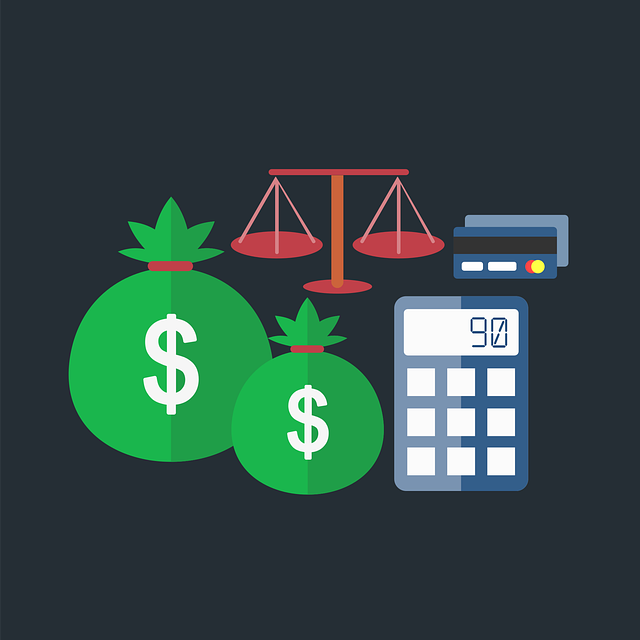Texas title loan grace periods offer 7-10 days to repay without penalties, allowing strategic financial management and flexible repayment for vehicle-secured loans. Prompt payments avoid higher costs as interest accrues daily. Strategic planning during this period reduces overall loan expenses, promoting good financial health for Houston or San Antonio borrowers.
In the state of Texas, understanding the nuances of a title loan is crucial for borrowers. One key aspect to grasp is the Texas title loan grace period and how it impacts interest accrual. This comprehensive guide breaks down these periods, explaining how interest is calculated during grace periods and offering strategies to maximize their benefits. By navigating these terms effectively, borrowers can make informed decisions regarding short-term lending in Texas.
- Understanding Texas Title Loan Grace Periods
- How Interest Accrues During Grace Period
- Maximizing Your Grace Period Benefits
Understanding Texas Title Loan Grace Periods

In the state of Texas, title loans offer a unique financial solution with specific benefits, including grace periods for repayment. A Texas title loan grace period refers to the time, typically ranging from 7-10 days, during which borrowers can delay making full payments on their secured loans. This period provides a breathing space for individuals who might need extra time to arrange funds without incurring immediate penalties or additional interest charges. It’s a significant advantage, especially for those seeking quick approval and funding, as it allows them to manage cash flow more effectively.
Understanding these grace periods is crucial when considering a Texas title loan. Unlike traditional loans, where late payments can result in hefty fees, title loans are secured against the value of your vehicle, providing a safety net during this grace period. This feature encourages responsible borrowing and enables borrowers to access quick funding without the usual strict repayment timelines, making them an attractive option for many.
How Interest Accrues During Grace Period

During the Texas title loan grace period, borrowers enjoy a temporary reprieve from interest payments. This window allows them to pay off the loan or refinance without incurring additional charges. However, it’s crucial to understand that while interest doesn’t accumulate during this time, the clock is still ticking. As soon as the borrower makes a payment, even if it’s just the minimum, interest starts accruing again from that point, based on the outstanding loan balance.
This means that if you decide to take advantage of the grace period and extend your repayment timeline, you’ll still be responsible for paying off the principal plus any associated fees. In San Antonio loans, for instance, lenders typically calculate interest rates daily, so even a short delay in payment can result in higher costs. Therefore, it’s beneficial to prioritize timely payments or have a clear strategy for loan payoff during this grace period to avoid unnecessary financial strain.
Maximizing Your Grace Period Benefits

Maximizing Your Texas Title Loan Grace Period comes down to understanding how it works and strategically planning your finances around it. This period acts as a buffer between when you take out the loan and when full repayment is due, providing relief from interest accrual during this time. For Houston Title Loans or even Semi Truck Loans, these grace periods can significantly impact the overall cost of borrowing.
To make the most of your grace period, ensure you meet all loan requirements promptly to avoid any interruptions. This means keeping up with payments on other debts and adhering to any terms set by your lender. By managing your cash flow effectively during this time, you can prevent interest from compounding and keep your overall financial health in check.
In conclusion, understanding the Texas title loan grace period and interest accrual is key to making informed decisions. By maximizing your grace period benefits, you can navigate these loans effectively, ensuring you have more control over your finances during the initial repayment phase. Remember, a well-planned strategy during this period can significantly impact your overall debt management.






